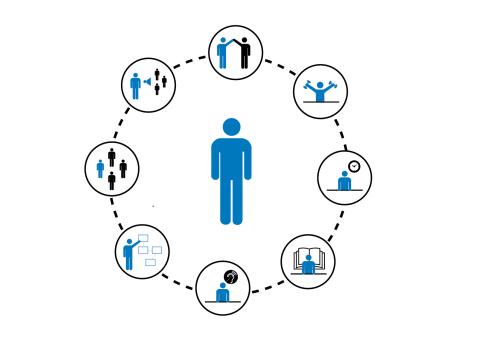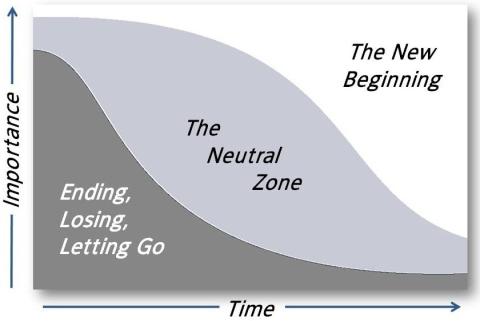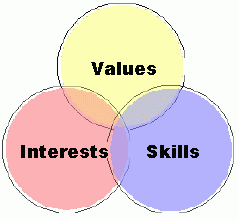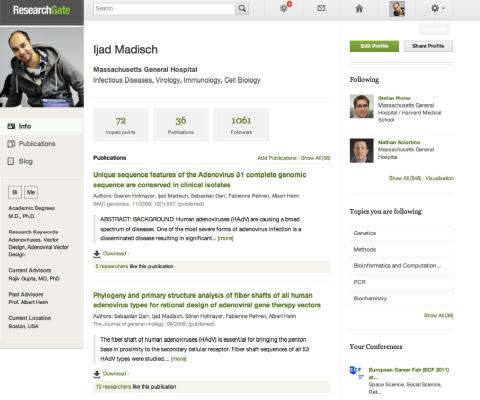Job Title & Organization: Associate Research Project Manager, MedImmune
Location: Gaithersburg, MD
How long you’ve been in your current job: 8 months
Postdoc Advisor, IC (when at NIH): Dr. Ligia Pinto
Job Title & Organization: Associate Research Project Manager, MedImmune
Location: Gaithersburg, MD
How long you’ve been in your current job: 8 months
Postdoc Advisor, IC (when at NIH): Dr. Ligia Pinto
Whether you are seeking a career in academia, industry, government or the non-profit sector, it is important to communicate your skills to employers. There are skills that almost every employer seeks no matter the sector. These often include: analytical, writing, leadership, communication and problem solving skills. Your work as a trainee has given you many opportunities to develop these skills.

Traditionally, soft skills were viewed as a secondary bonus to an applicant’s technical skill set; however, in today’s extremely competitive job market, employers are looking for proof of a mix of both hard and soft skills. In fact, recruiters will view a lack of demonstrated leadership or extracurricular activities on your resume as a potential red flag.

In honor of Lesbian, Gay, Bisexual and Transgender Pride Month, we wanted to focus this week’s blog post on LGBT issues in a job search and at work. Pride month’s history focuses on parades and festivals that celebrate openness and equal rights for all. In a work context, this includes people who identify as LGBT and allies who want to create and maintain a supportive work environment.


Asking for a raise can be anxiety provoking; therefore, many people put it off because they are afraid. A very common error is to hope the problem will be magically solved and your boss will automatically remedy the situation for you. The second most common mistake is allowing the built up resentment of feeling underpaid to grow to a point where you begin making aggressive demands.
Generally, neither approach is successful. If you are hoping for a pay increase, here are some things to take into consideration before having that conversation with your boss.

Whether you are a postbac, graduate student, postdoc or clinical fellow, you probably have wondered how to blend your individual interests, values and skills into a satisfying career. Self-assessment is an integral part of an effective career planning process and involves asking yourself about your: Skills -How good am I at different lab techniques or giving talks? -How are my language, mentoring, training, writing and communication skills? Interests -What interests me?

Recently a few trainees have inquired about ResearchGate, so we decided to take a further look at this site. It was founded in 2008 by two physicians who discovered that collaborating with a friend or colleague (especially one across the world) was no easy task. They created this website with the intent of helping make scientific progress happen faster.
Almost everyone faces challenges with confidence in the workplace at some point in their life. Challenges with confidence can be more noticeable if we live or work in a culture that is different from the one in which we were raised. Our family, cultural background and personal preferences may also affect our comfort with expressing ourselves in a confident way. However, one can stay true to their values and still learn to express themselves confidently. Two key steps to increasing your confidence include:
Post written by guest blogger Dr.